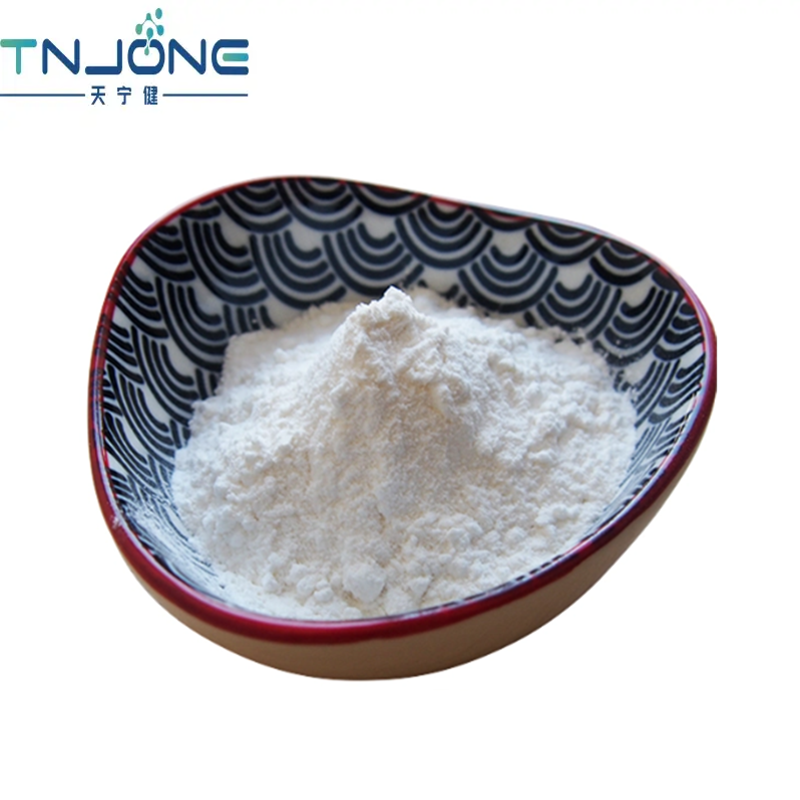-
Categories
-
Pharmaceutical Intermediates
-
Active Pharmaceutical Ingredients
-
Food Additives
- Industrial Coatings
- Agrochemicals
- Dyes and Pigments
- Surfactant
- Flavors and Fragrances
- Chemical Reagents
- Catalyst and Auxiliary
- Natural Products
- Inorganic Chemistry
-
Organic Chemistry
-
Biochemical Engineering
- Analytical Chemistry
-
Cosmetic Ingredient
- Water Treatment Chemical
-
Pharmaceutical Intermediates
Promotion
ECHEMI Mall
Wholesale
Weekly Price
Exhibition
News
-
Trade Service
.
The investigation showed that the outbreak was related to chocolates produced in Belgium , which have been sold to at least 113 countries and regions, including mainland China and Hong Kong
.
The International Network of Food Safety Authorities (INFOSAN) issued a global alert on April 10, initiating a global product recall
.
To date, 11 countries have reported a total of 151 genetically linked cases suspected of being linked to the consumption of related chocolate products
.
.
To date, 11 countries have reported a total of 151 genetically linked cases suspected of being linked to the consumption of related chocolate products
.
The risk of transmission in the WHO European Region and globally is currently assessed as moderate
.
.
outbreak
The affected products were identified as Kinder chocolate line products manufactured at the Ferrero Corporate plant in Arlon, Belgium, in December 2021 and January 2022
.
.
As of April 25, 2022, 151 cases of Salmonella typhimurium genes suspected to be associated with consumption of affected chocolate products have been reported in 11 countries including Belgium, France, Germany, Ireland, Luxembourg, Netherlands, Norway, Spain, Sweden, the United Kingdom and the United States Related cases, many with bloody diarrhea symptoms, but as of April 25, no deaths related to this outbreak have been reported
.
.
Epidemiology
Salmonellosis is a disease caused by non-typhoid Salmonella bacteria
.
Although approximately 2500 serotypes have been identified, most human infections are caused by two serotypes of Salmonella: Typhimurium and Enteritidis
.
.
Although approximately 2500 serotypes have been identified, most human infections are caused by two serotypes of Salmonella: Typhimurium and Enteritidis
.
Salmonellosis is characterized by acute fever, abdominal pain, nausea, vomiting, and diarrhea
.
Symptoms usually appear 6-72 hours after ingestion of salmonella-contaminated food or water, and illness lasts 2-7 days
.
The symptoms of salmonellosis are relatively mild, and in most cases, patients recover without special treatment
.
However, in some cases, especially in children and elderly patients, the associated dehydration can become severe and life-threatening
.
.
Symptoms usually appear 6-72 hours after ingestion of salmonella-contaminated food or water, and illness lasts 2-7 days
.
The symptoms of salmonellosis are relatively mild, and in most cases, patients recover without special treatment
.
However, in some cases, especially in children and elderly patients, the associated dehydration can become severe and life-threatening
.
Salmonella is widely distributed in livestock and wildlife, such as poultry, pigs, and cattle; and pets, including cats, dogs, birds, and reptiles, such as turtles
.
Salmonella can travel throughout the food chain, from animal feed, through primary production, all the way to the home or food service establishment
.
Human salmonellosis is usually acquired through the consumption of contaminated food of animal origin (mainly eggs, meat, poultry and milk)
.
Human-to-human transmission can also occur via the fecal-oral route
.
.
Salmonella can travel throughout the food chain, from animal feed, through primary production, all the way to the home or food service establishment
.
Human salmonellosis is usually acquired through the consumption of contaminated food of animal origin (mainly eggs, meat, poultry and milk)
.
Human-to-human transmission can also occur via the fecal-oral route
.
public health response
Countries that identified cases and took risk management actions are currently conducting food chain investigations, including the withdrawal of all products produced at the relevant production facilities and mass product recalls, complemented by news alerts and advice to consumers
.
.
The WHO/FAO International Network of Food Safety Authorities issued a global alert on April 10, informing Member States of the outbreak and sharing information on affected products related to the outbreak to initiate a global recall
.
The Food Safety Authority Network Secretariat provided distribution details and requested member countries to provide information on risk management measures implemented and further distribution of related products
.
.
The Food Safety Authority Network Secretariat provided distribution details and requested member countries to provide information on risk management measures implemented and further distribution of related products
.
WHO advice
Prevention of salmonellosis requires control measures at all stages of the food chain, from agricultural production to food processing, manufacturing and preparation in commercial establishments and households, WHO said
.
.
General precautions for the public include: wash hands with soap and water, especially after touching pets or farm animals, or after using the toilet; make sure food is cooked properly; drink only pasteurized or boiled milk; avoid ice, Unless it's made from safe water; wash fruits and vegetables thoroughly
.
.







